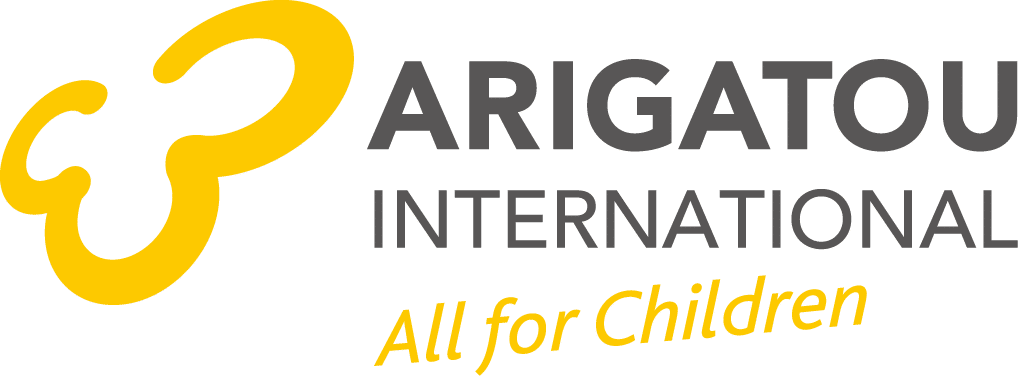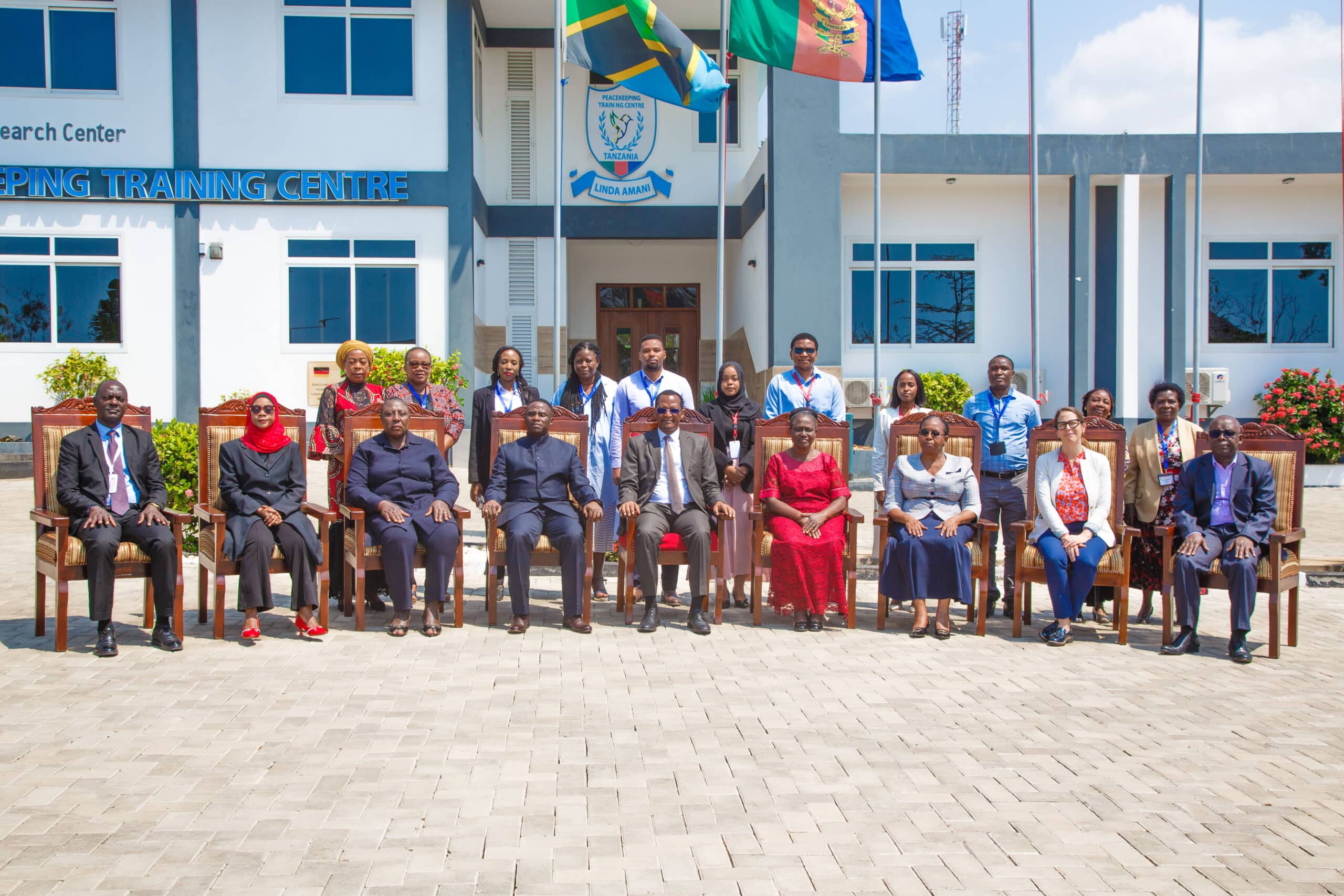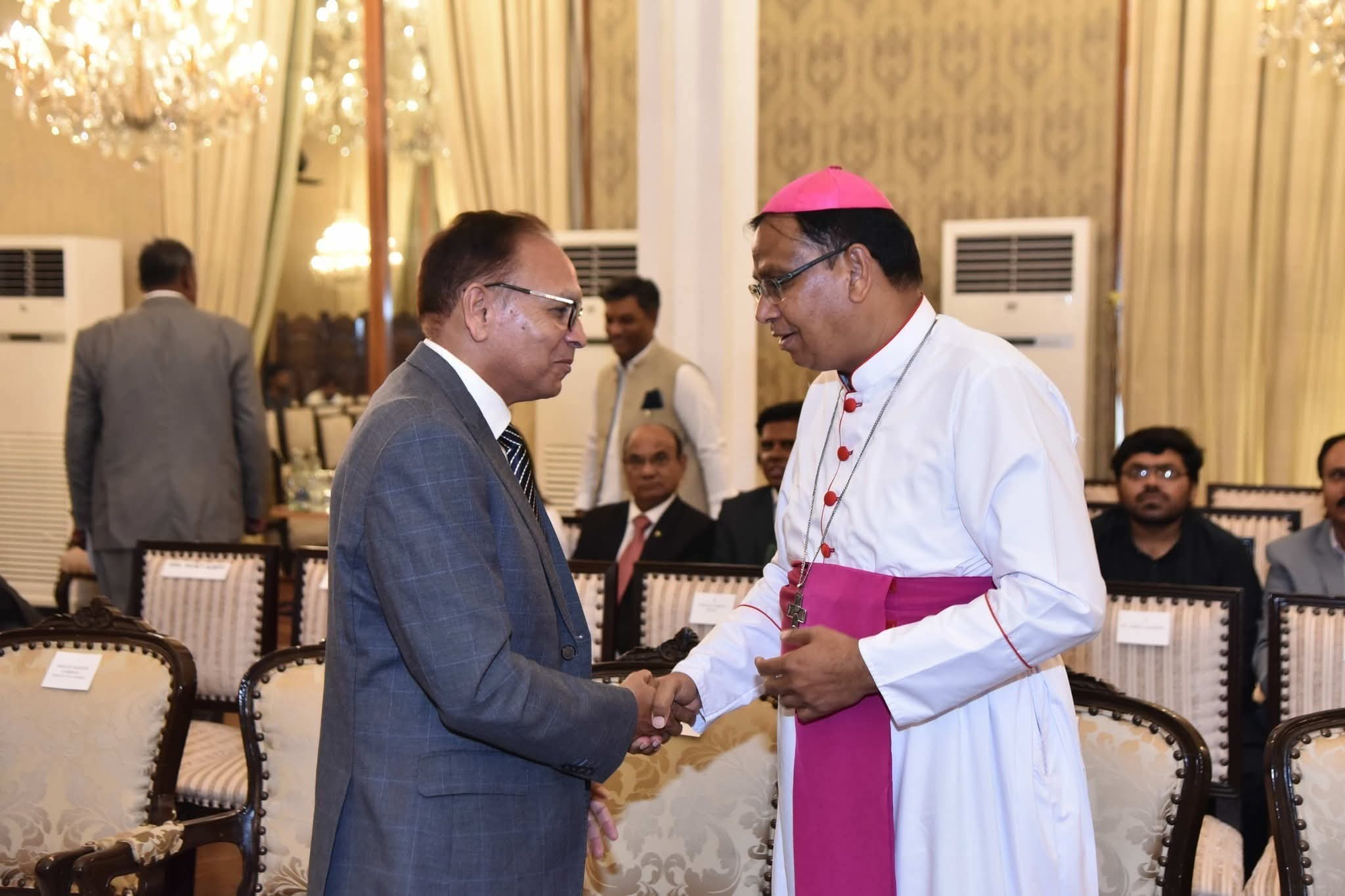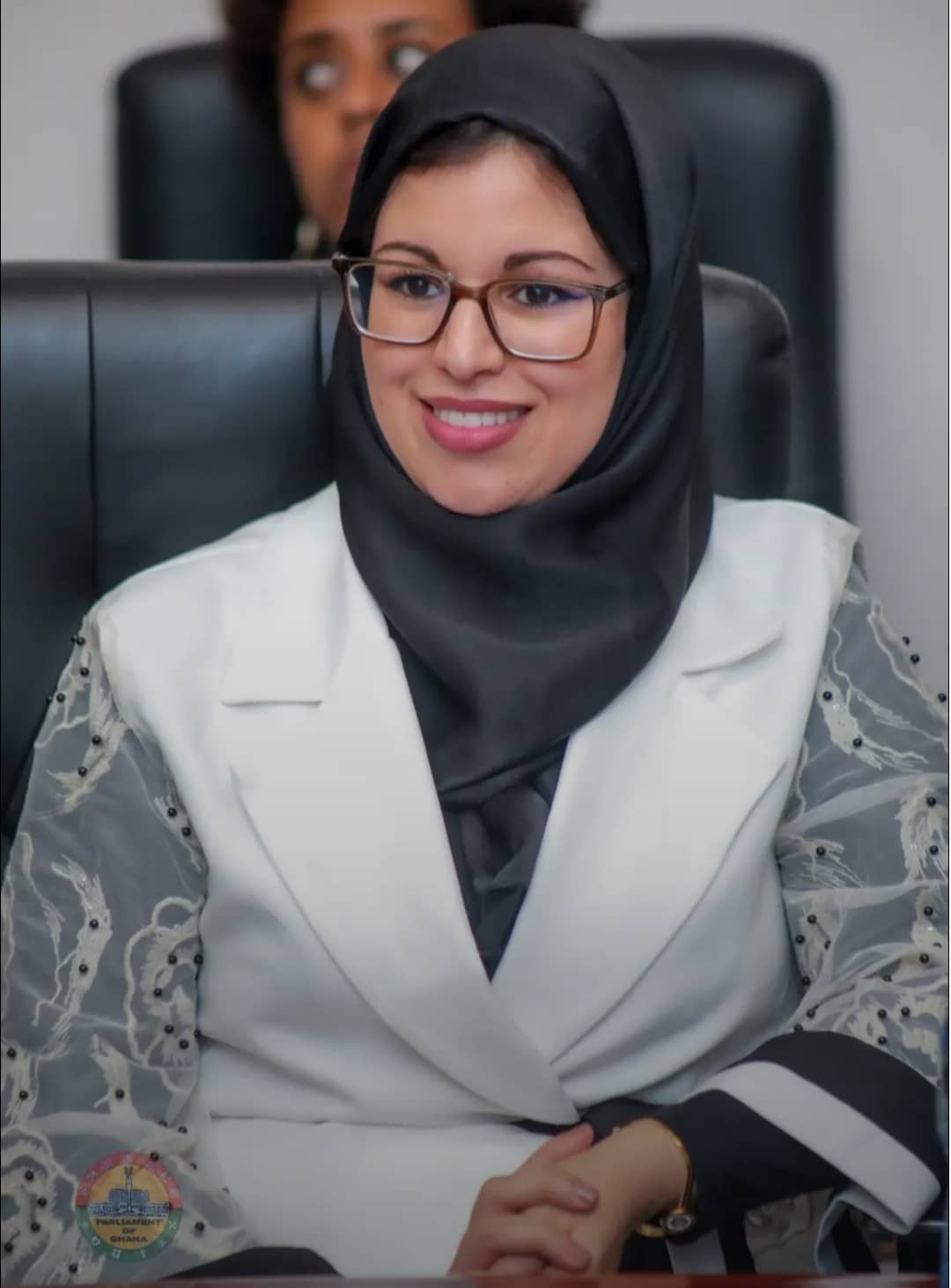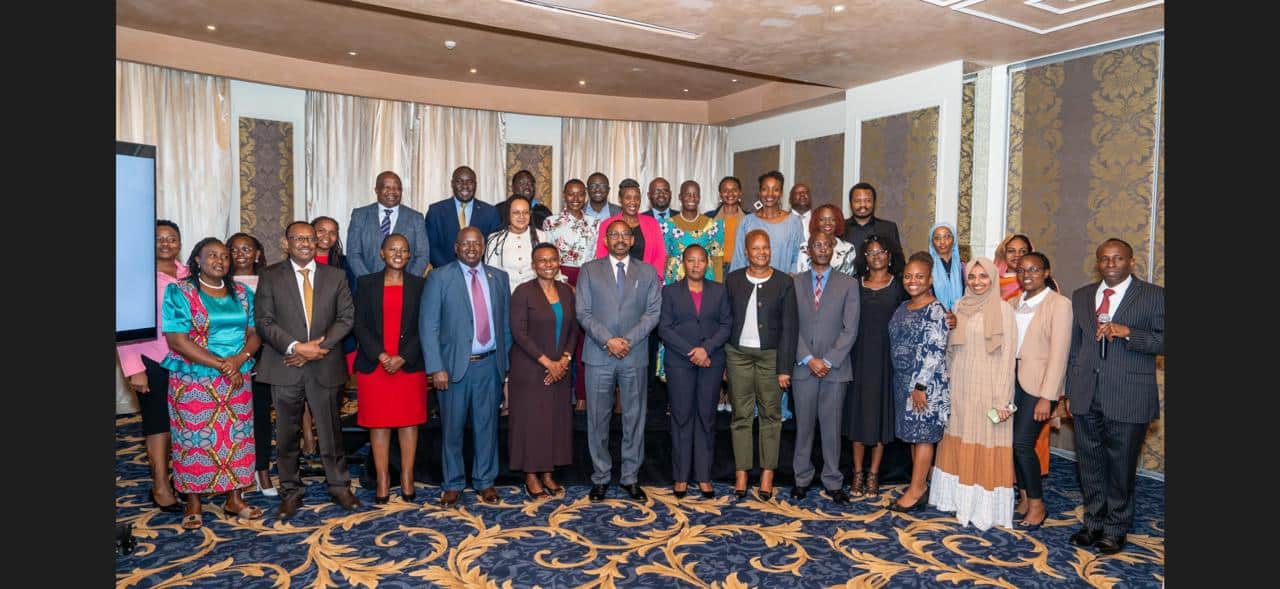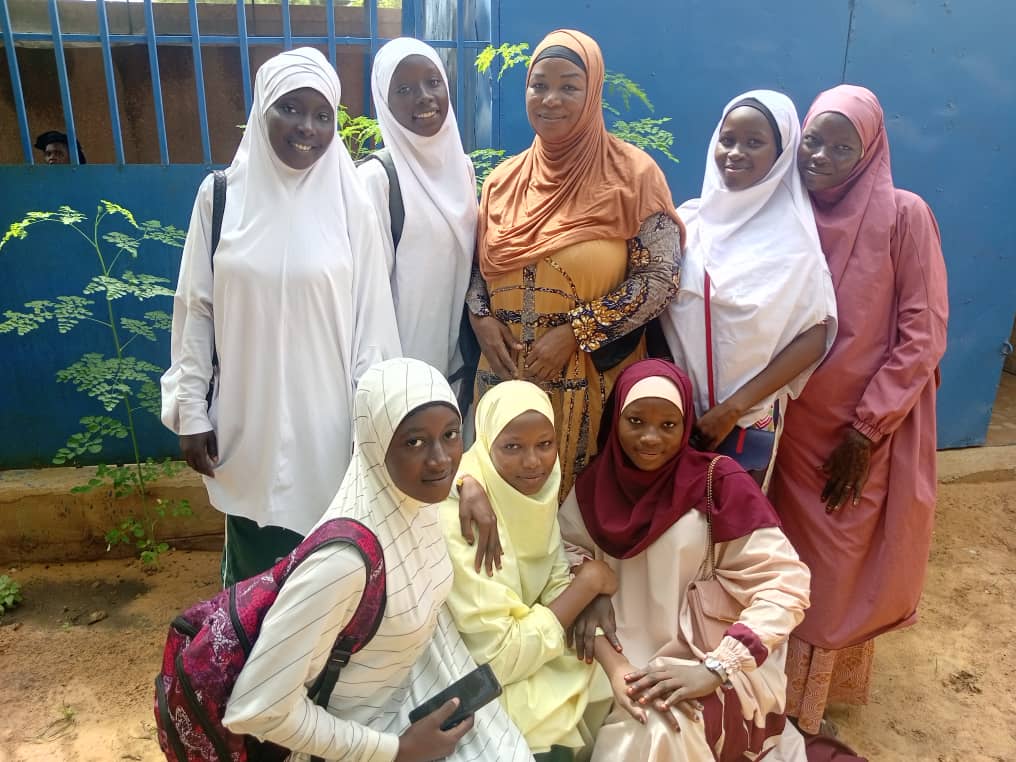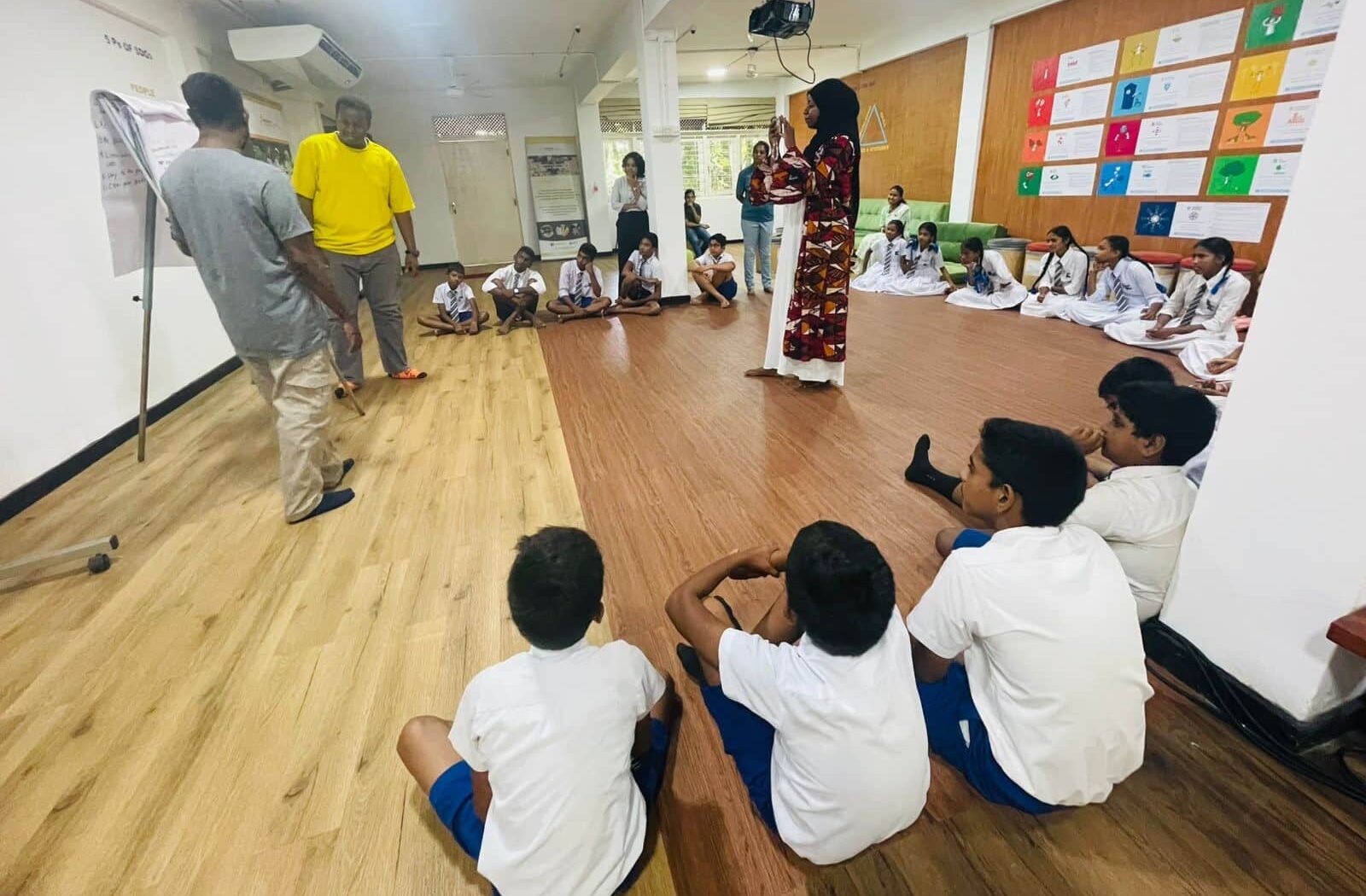
In early July, Ms. Halima Wanjiku, Youth Coordinator, GNRC and Mr. Brian King, Youth, GNRC Kenya traveled from Nairobi to Colombo, Sri Lanka, to participate in the Leadership for Life Worldwide (LfLW) Fellowship exchange hosted by GNRC Sri Lanka’s anchor organization, the Sarvodaya Shramadana Movement.
The fellowship—organized in partnership with Arigatou International and the Sarvodaya Shramadana Movement—was anchored on a shared mission of advancing community-driven development, promoting education on the Sustainable Development Goals (SDGs), ending child poverty, and strengthening sustainable partnerships.
One of the key activities for the two was knowledge-sharing with colleagues from the Sarvodaya Shramadana Movement on advancing the SDGs Model Classroom in Colombo. This Model Classroom is one of three physical spaces established by Arigatou International’s End Child Poverty initiative to help children learn about the SDGs in creative, participatory ways.
The SDGs Academy for Children by Arigatou International is a safe space and program designed to teach children about sustainable development, while sparking innovation by and with children towards realizing Agenda 2030. The Academy provides multi-faith learning tools on the SDGs, making them accessible and transformative for children. As of 2024, three physical spaces have been established: the Pioneer Space in Limuru, Kenya, in collaboration with Grow-on Structurepreneurs Ltd.; the Model Classroom in Colombo, Sri Lanka, in collaboration with the Sarvodaya Shramadana Movement; and the School of Goodwill in Sombor, Serbia, in collaboration with the Sombor Education Centre (SEC), a member of GNRC Serbia.
During the fellowship, Ms. Halima and Mr. Brian conducted a comprehensive mapping of the Model Classroom to identify its strengths and gaps, facilitated interactive SDGs sessions with children using videos, games, and dance, and engaged in training-of-trainers sessions. They also delivered modules on the Five-Step Innovation Model, a step-by-step guide on achieving the SDGs through personal and community-driven experiences.
“Working across cultures reminded me that leadership is adaptive—it means listening, adjusting, and co-creating with others. To ensure that education is transformative and not just informative, it must be values-based. The resources we need to make a change are already around us, and sometimes the key is not to start anew, but to reflect on what we have and make them work for us. Additionally, cross-cultural collaboration is powerful, as we learn from one another, discover new approaches to existing challenges, and share best practices for solving common problems.” – Ms. Halima Wanjiku, Youth Coordinator, GNRC
During their stay in Sri Lanka, the two fellows advanced the GNRC Strategy 2030, particularly the goal of building a sustainable world with children. They engaged children on the SDGs, encouraging them to turn knowledge into solutions for tackling poverty in their communities. Through dialogue and participatory approaches, they empowered children to see themselves not just as learners, but as active agents of change.
After a month of learning and adventure, Ms. Halima and Mr. Brian reflected that building a better world begins with small steps in our communities, supported by leaders who listen, learn, and serve.
